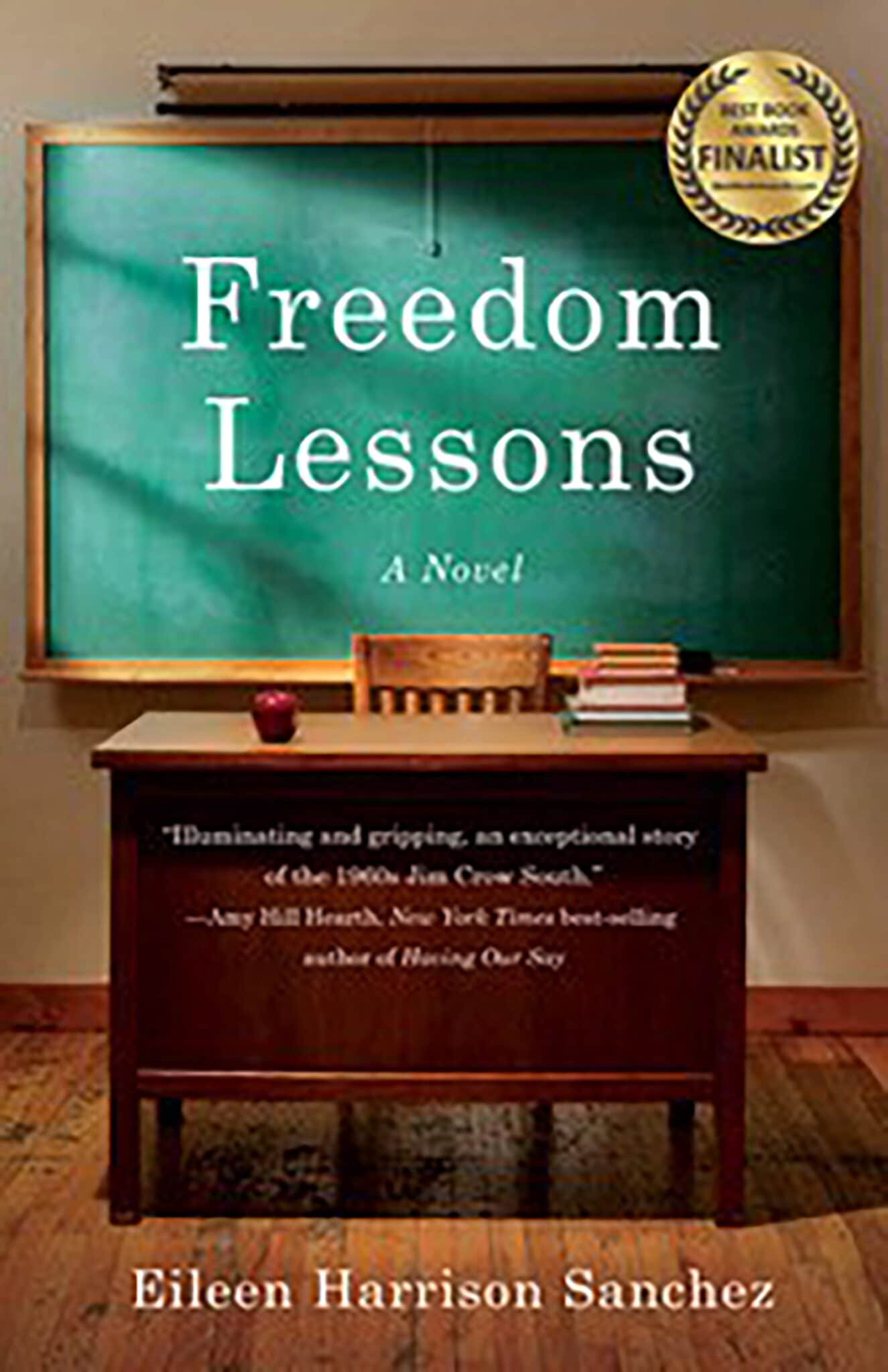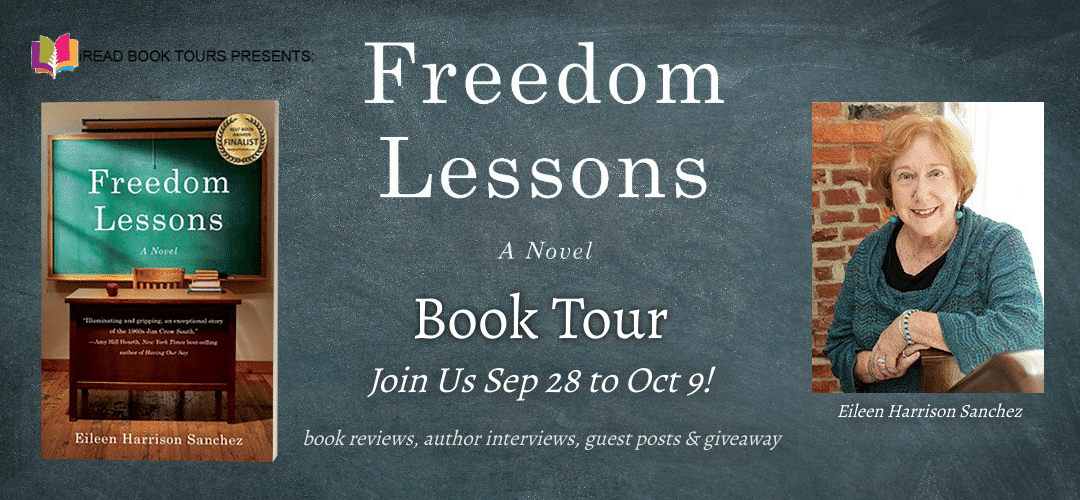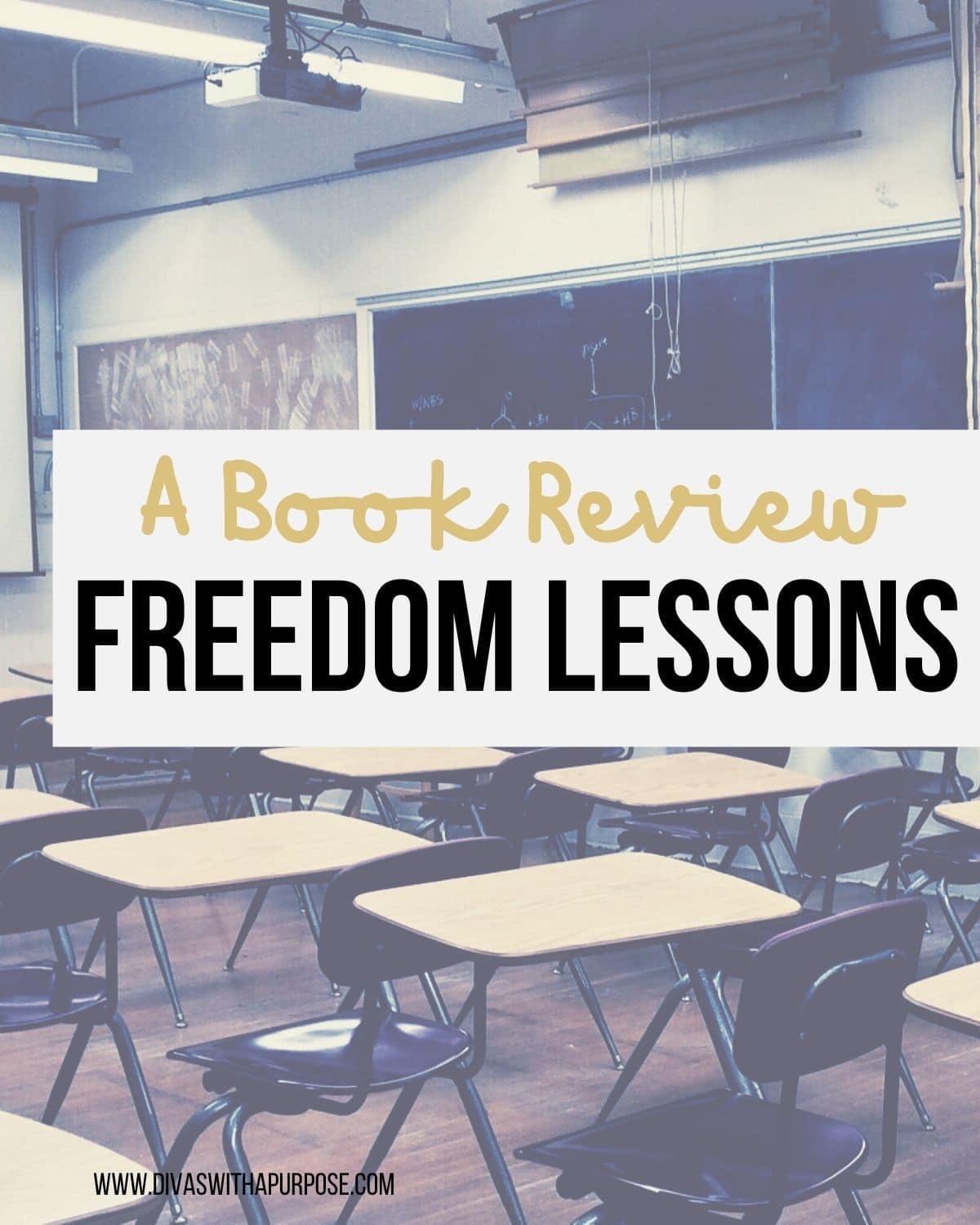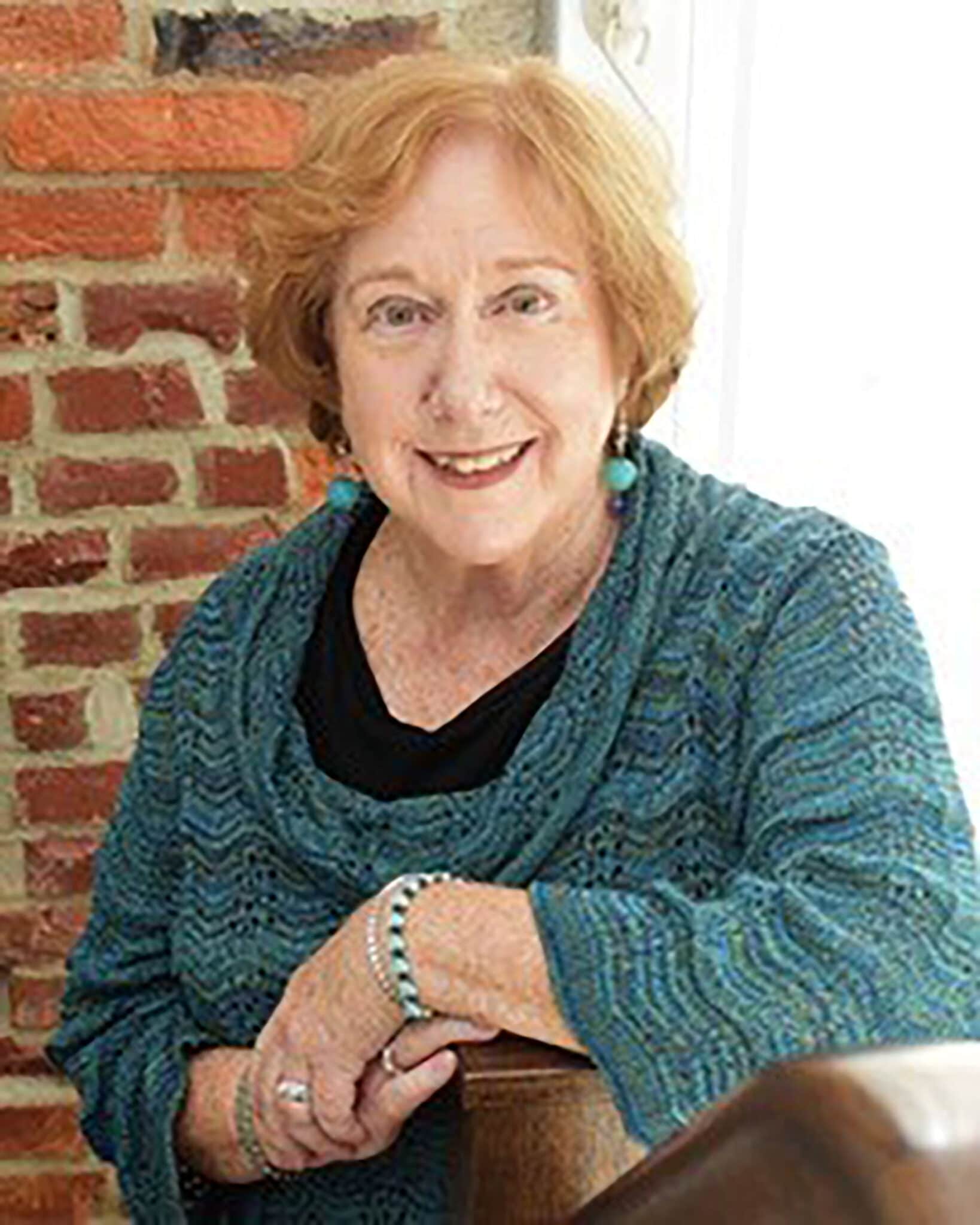Freedom Lessons – A Book Review
Thanks to iRead Book Tours I had an opportunity review Freedom Lessons by Eileen Harrison Sanchez.

Freedom Lessons begins in Louisiana 1969 as Colleen, a white northern teacher, enters into the unfamiliar culture of a small Southern town and its unwritten rules as the town surrenders to mandated school integration. She meets Frank, a black high school football player, who is protecting his family with a secret. And Evelyn, an experienced teacher and prominent member of the local black community, who must decide whether she’s willing to place trust in her new white colleague. Told alternately by Colleen, Frank, and Evelyn, Freedom Lessons is the story of how the lives of these three purportedly different people intersect in a time when our nation faced, as it does today, a crisis of race, unity, and identity.

“If any reviewers look at this story through the #ownvoices lens, it won’t pass. But I didn’t write this story for black women or black men, although I hope they read it. I wrote it mainly for white women and white men because in my research I learned things about black history, culture and families that I never knew.” (emphasis my own)
This portion of the author’s note at the end of Freedom Lessons changed my entire perspective of her book. When I got to the end, I found myself wanting … more. I even flipped back through the last few sections to ensure I didn’t skip over something.
Reading these words I had a lightbulb moment that shifted my overall view and feelings towards Freedom Lessons.
Freedom Lessons shares the experiences of three individuals during the 1969-1970 school year:
– Colleen, a white 2nd-year teacher from New Jersey whose husband is stationed for a year at the local military base;
– Evelyn, who assigned to be Colleen’s mentor. Evelyn is an experienced teacher and a prominent member in black community; and
– Frank, a high-school senior and promising football player whose life course is dramatically changed when the all-black high school is shut down over night.
Colleen is hired to teach at an all-black school that is suddenly closed and integrated with the town’s all-white school. Throughout the year, Colleen learns some life-changing lessons about race, friendship and her role as a teacher in the lives of her students. Many of the events of the tumultuous school year are shown through the eyes of Colleen as she learns and navigates her role as a white teacher not accepted by her white Southern counterparts and not fully-trusted by the black ones.

Author Interview: A Quick Chat with Eileen Sanchez
Eileen Harrison Sanchez is now retired after a forty-year career in education. She started as a teacher and ended as a district administrator. She has been writing part time for seven years with a writers group in Summit, NJ. Eileen is a member of the Historical Novel Society, Philadelphia Stories Writers Community, Goodreads American Historical Novels Group, and several online writers’ groups. A reader, a writer, and a perennial—a person with a no-age mindset—she considers family and friends to be the most important parts of her life, followed by traveling and bird watching from her gazebo.
Connect with the author:
website ~ facebook ~ twitter ~ instagram

Q: Is there any truth to your story that is personal to you?
A: My book is based on my personal experience that I more fully understood by studying the impact on the black families and teachers forty years later through research and interviews about that school year of 1969-1970. Colleen represents my own experience and I created two characters to tell the point of view of a black teacher and a black high school student. I fictionalized my experience to create the characters of Frank and Evelyn after reading first hand accounts of the impact of the mandated integration on families of the children I taught and the black teachers. I have tried to give a more accurate expression of the small stories and the wide impact of this event.
Q: Do you have a favorite character? Why?
A: That’s easy, it’s Frank. Five years ago, I was able to visit the town and the school I taught in. The visit filled some of the history of the people and the community. One of the opportunities allowed me to meet the current principal of the school. The school had been reopened and now serves as a middle school. She had been away in college the year of the mandated integration, but she told me some of her own family’s experiences. The stories about her brother who was a high school senior in 1969 helped me to personalize and build a deeper background for Frank. He became the character to tell the story from a student’s point of view. I created a family for Rachel, one of Colleen’s second graders. Frank became Rachel’s brother, the eldest son who was deeply impacted by his father’s death in a suspicious fire. Frank and his parents had been counting on a football scholarship for him to be able to attend college. But when the schools were integrated the football team spots were already filled by the white students. He wasn’t able to play and lost his chance for the scholarship. He struggled with the unfairness but maintained the core values from his parents.
Buy the Book:
Amazon
Bookshop.org
Barnes and Noble
Add to Goodreads
Q: Do you have another profession besides writing?
A: I am retired after a 40 year career as an educator. I started as a teacher and retired as a district administrator. I am a debut novelist in my seventh decade.
Q: What are your passions in relation to the book?
A: My life’s work has been as an advocate for free, appropriate and respectful educational opportunity for all students. I have a blog post titled Gram’s Book Club. I share book lists and books of diversity for children of all ages. I believe that textbooks and books can be “windows” exposing readers to new worlds and perspectives and “mirrors” that reflect the readers own experiences. (Rudine Sims Bishop, Professor of Education, Ohio State University). I started Gram’s Book Club to teach our grandchildren about the background of Freedom Lessons. I share information on Lisa Libraries. The Lisa Libraries donates new children’s books and small libraries to organizations that work with families in under-served areas. The Lisa Libraries was started by author Ann M. Martin and friends to honor and memorialize children’s book editor Lisa Novak. At book events I share the Diversity in Children’s Books 2018 postcard infographic. It educates teachers, librarians, booksellers, parents and readers of all ages, of the percentage of books depicting characters from diverse backgrounds. You can learn more here.
Q: Did you find any surprises in your research to write this story?
A: I learned that public libraries were integrated before the public schools were. However, the practice of integration was not always the policy. The challenge of using libraries and obtaining library cards for Colleen’s students is an important backstory for my book. We can thank Rosa Keller for her efforts. She was one of the few white people who fought for racial change in New Orleans. Her husband was Jewish, and she became familiar with prejudice through his eyes. By the end of 1955, all public libraries in the city were integrated. However, water fountains and bathrooms remained segregated.
Freedom Lessons Details:
Book Title: Freedom Lessons (a novel) by Eileen Harrison Sanchez
Category: Adult Fiction (18+), 245 pages
Genre: American Historical Fiction
Publisher: She Writes Press
Release date: November 2019
Content Rating: PG. This book is a clean read. The use of the words Negro, colored and a one time reference use of nigger, though not politically correct by today’s standards, is era specific and not intended in any kind of pejorative sense.
Q: Were there any protests about the integration of the libraries?
A: The integration of the libraries was one of the few civil rights gains achieved without a lawsuit and protest. The victory was quietly celebrated; the media honored the request not to publicize the first day. Nonetheless, word of the desegregation leaked out, and some white patrons protested by removing the chairs from some of the libraries. Some called this a “Read In”.
Q: How do you think things have changed in the world of education? Or have not changed?
A: There is a return to segregation across the country and the 10 most segregated states are in the northeast. Progress was made in the seventies and eighties and since has declined. Some research states the cause as being released from court oversight. According to the NEA, National Education Association – 80% of public school teachers in the US are white. We need to look at the importance and the effect of having teachers that reflect the diversity of the student population.

